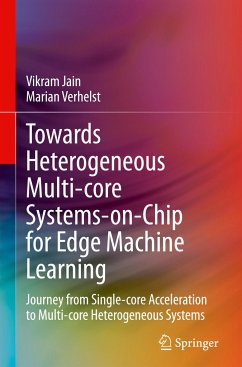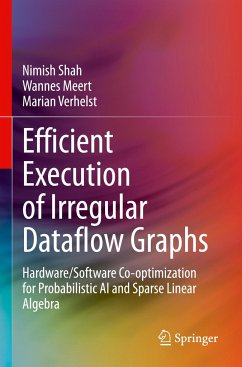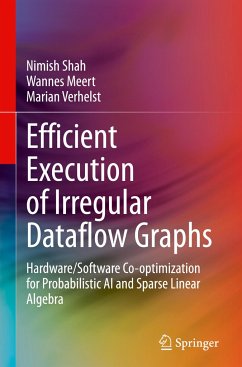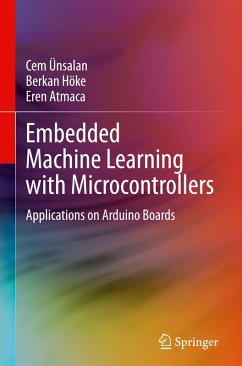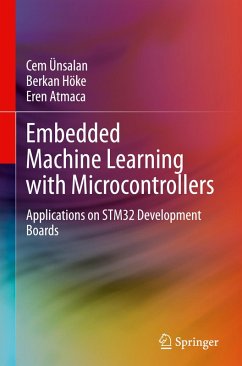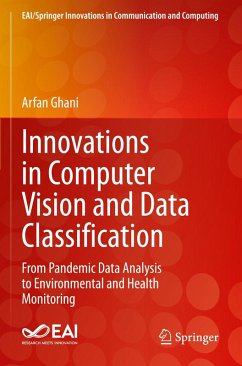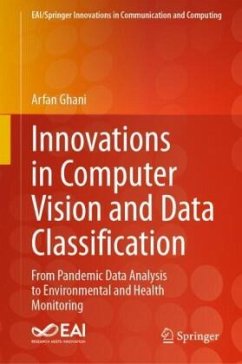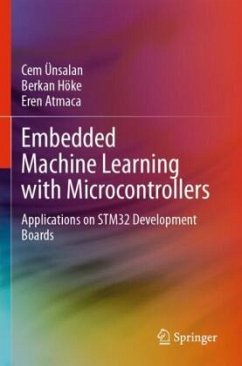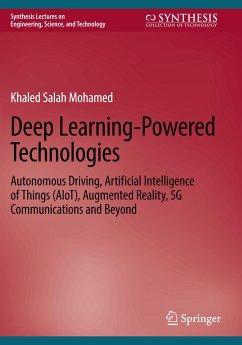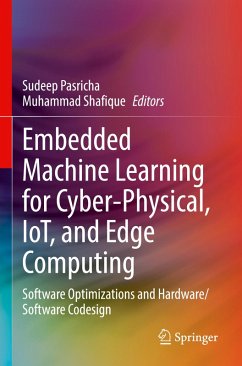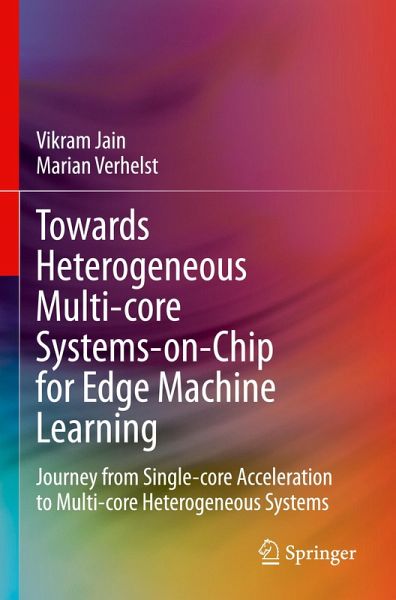
Towards Heterogeneous Multi-core Systems-on-Chip for Edge Machine Learning
Journey from Single-core Acceleration to Multi-core Heterogeneous Systems
Versandkostenfrei!
Versandfertig in 6-10 Tagen
76,99 €
inkl. MwSt.
Weitere Ausgaben:

PAYBACK Punkte
38 °P sammeln!
This book explores and motivates the need for building homogeneous and heterogeneous multi-core systems for machine learning to enable flexibility and energy-efficiency. Coverage focuses on a key aspect of the challenges of (extreme-)edge-computing, i.e., design of energy-efficient and flexible hardware architectures, and hardware-software co-optimization strategies to enable early design space exploration of hardware architectures. The authors investigate possible design solutions for building single-core specialized hardware accelerators for machine learning and motivates the need for buildi...
This book explores and motivates the need for building homogeneous and heterogeneous multi-core systems for machine learning to enable flexibility and energy-efficiency. Coverage focuses on a key aspect of the challenges of (extreme-)edge-computing, i.e., design of energy-efficient and flexible hardware architectures, and hardware-software co-optimization strategies to enable early design space exploration of hardware architectures. The authors investigate possible design solutions for building single-core specialized hardware accelerators for machine learning and motivates the need for building homogeneous and heterogeneous multi-core systems to enable flexibility and energy-efficiency. The advantages of scaling to heterogeneous multi-core systems are shown through the implementation of multiple test chips and architectural optimizations.



